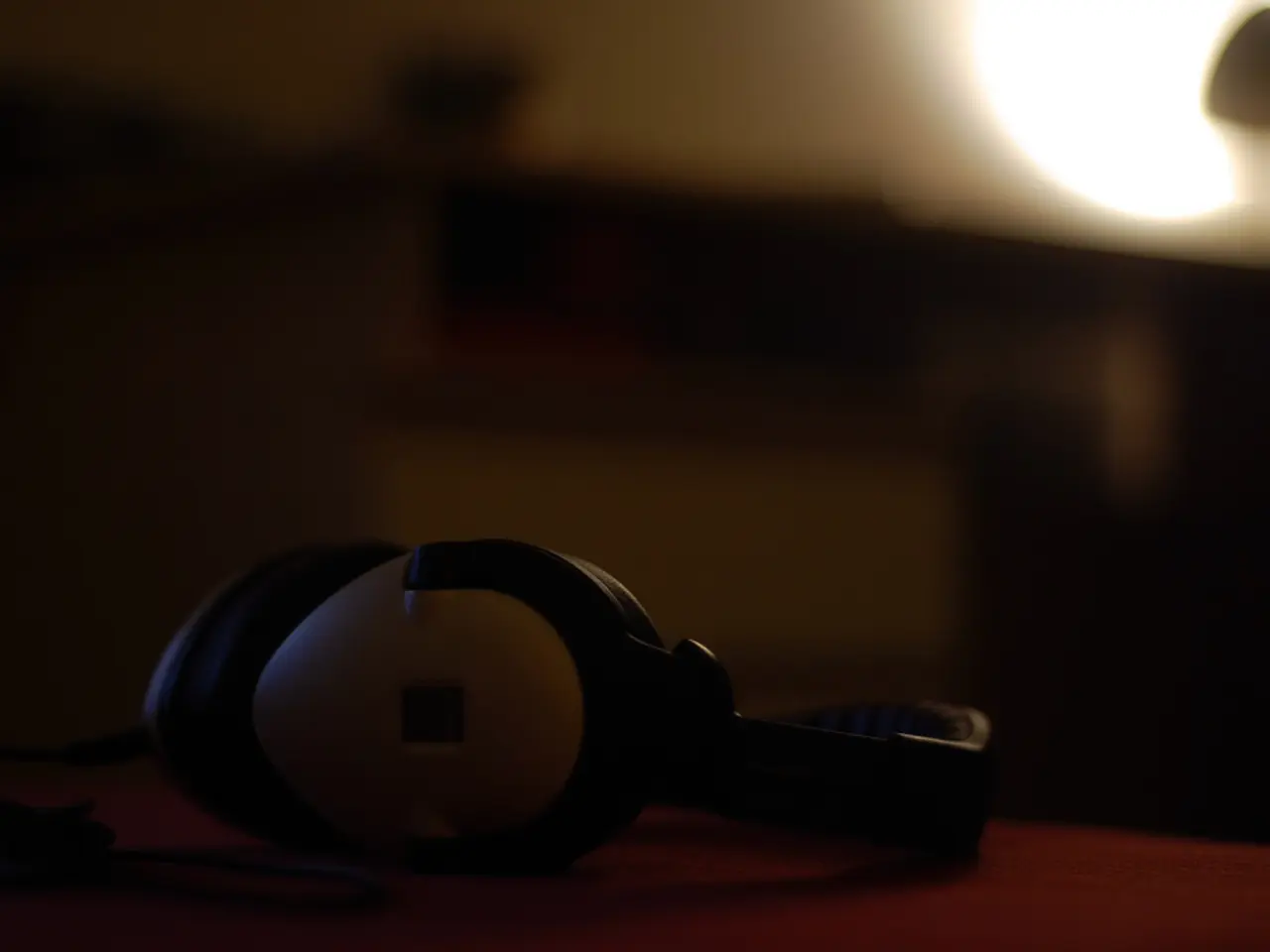Listening In or Ignoring the Alarm: Unveiling the Concerning Link between Headphones and Ear Injuries
The human ear, a complex and vital organ, is composed of three main parts: the outer ear, middle ear, and inner ear. While these parts work together to allow us to hear, they can be vulnerable to damage, particularly from the use of earphones.
One of the primary concerns is Noise-Induced Hearing Loss (NIHL), a condition caused by prolonged exposure to loud sounds. Earbuds, inserted directly into the ear canal, are more likely to cause damage due to their proximity to the eardrum. Prolonged exposure to sounds at any level can cause damage to the hair cells in the inner ear, leading to hearing loss and tinnitus.
The World Health Organization (WHO) recommends that the average volume level for safe listening should not exceed 85 decibels (dB). Sounds above this level can cause permanent damage to the hair cells in the inner ear. The WHO estimates that 1.1 billion young people worldwide are at risk of NIHL due to recreational noise exposure, including listening to music through earphones.
To minimize the risks associated with earphones, it's crucial to keep the volume low, take regular breaks, and choose earphones designed for safe listening. Earphones and headphones that have built-in volume limiters or noise-cancelling technology can help reduce the risk of ear damage.
Earbuds can also cause other issues, such as earwax buildup, ear infections, discomfort, fatigue, and headaches. To maintain good ear hygiene, clean your earphones regularly and avoid sharing them with others.
As earphone technology evolves, it's moving towards prioritizing ear health. Some earphones now feature built-in safety features, and researchers are exploring new materials and designs.
In addition to safe listening practices, it's essential to be aware of potential dangers and the long-term consequences of ear damage from earphones. Permanent hearing loss, tinnitus, and other auditory symptoms can have significant emotional and social impacts, such as feelings of isolation and depression.
Regular hearing checks are important, especially for those at high risk of ear damage due to their listening habits. If you experience any discomfort, pain, or changes in your hearing while using earphones, it's crucial to consult a healthcare professional.
At concerts or other loud events, earplugs or earmuffs can help reduce the overall level of noise exposure. By following these guidelines, you can enjoy your music while protecting your hearing.
Read also:
- Understanding Hemorrhagic Gastroenteritis: Key Facts
- Stopping Osteoporosis Treatment: Timeline Considerations
- Tobacco industry's suggested changes on a legislative modification are disregarded by health journalists
- Expanded Community Health Involvement by CK Birla Hospitals, Jaipur, Maintained Through Consistent Outreach Programs Across Rajasthan








